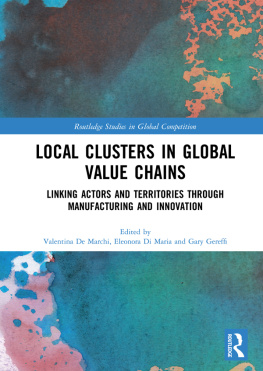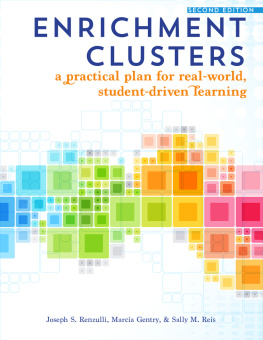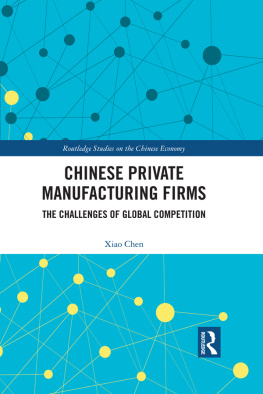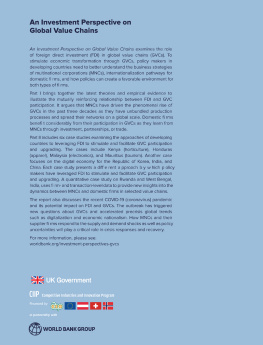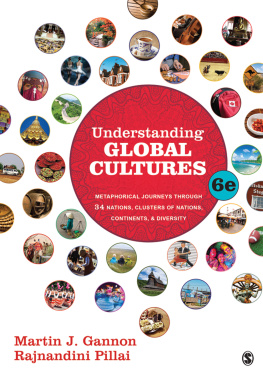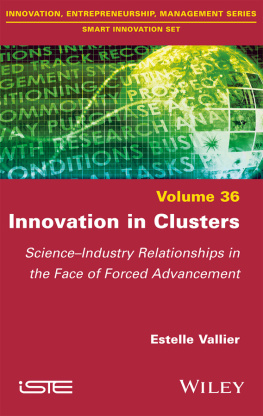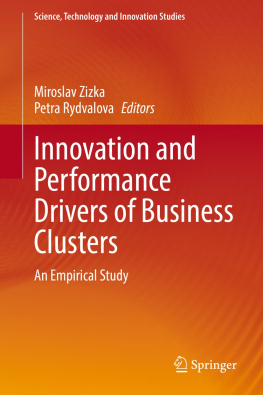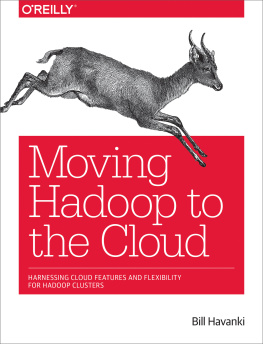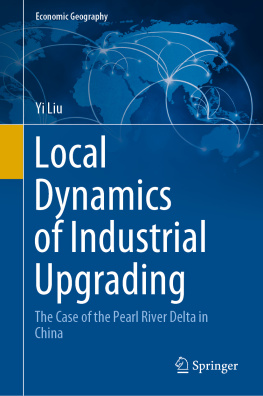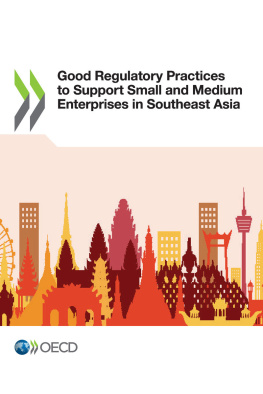First published 2018
by Routledge
2 Park Square, Milton Park, Abingdon, Oxon OX14 4RN
and by Routledge
711 Third Avenue, New York, NY 10017
Routledge is an imprint of the Taylor & Francis Group, an informa business
2018 selection and editorial matter, Valentina De Marchi, Eleonora Di Maria and Gary Gereffi; individual chapters, the contributors
The right of Valentina De Marchi, Eleonora Di Maria and Gary Gereffi to be identified as the authors of the editorial material, and of the authors for their individual chapters, has been asserted in accordance with sections 77 and 78 of the Copyright, Designs and Patents Act 1988.
All rights reserved. No part of this book may be reprinted or reproduced or utilised in any form or by any electronic, mechanical, or other means, now known or hereafter invented, including photocopying and recording, or in any information storage or retrieval system, without permission in writing from the publishers.
Trademark notice: Product or corporate names may be trademarks or registered trademarks, and are used only for identification and explanation without intent to infringe.
British Library Cataloguing-in-Publication Data
A catalogue record for this book is available from the British Library
Library of Congress Cataloging-in-Publication Data
A catalog record for this book has been requested
ISBN: 978-1-138-74286-4 (hbk)
ISBN: 978-1-315-18204-9 (ebk)
Typeset in Times New Roman
by Apex CoVantage, LLC

This book is the outcome of a joint effort aimed at understanding how local and global forces interact to support the competitiveness of territories, leveraging on two perspectives that so far have grown mostly independently from one another: the industrial districts and clusters literature (ID), which focuses on local development issues; and the global value chain (GVC) literature, which developed to capture the global forces shaping industries. On the one hand, the more we observed industrial districts in the Old World, and in Italy in particular, which is the cradle of the ID literature and the location of some of the best-known districts, the more we realized that a global perspective was also needed to fully understand the dynamics at stake. On the other hand, the heterogeneity of development outcomes of different geographic areas participating in GVCs gave us a deeper appreciation of the need to include regional and firm-level analysis to understand which factors contribute to local development in GVCs. Since these research questions are increasingly addressed by a large set of interdisciplinary researchers in journals as well as academic conferences, we decided to collect a set of fresh empirical studies that could tackle these issues from different perspectives.
We would like to thank the participants at the International Workshop Evolving industrial districts within global and regional value chains and the role of manufacturing and innovation capabilities held on April 7, 2016 at the Department of Economics and Management Marco Fanno, Padova (Italy) and at the workshop Italy in the GVC. Country, region and firms analyses, held on April 28, 2016 at the Centro Rossi-Doria of Roma Tre, Rome (Italy) for useful feedbacks on earlier versions of the book chapters. The editors gained useful hints on the ideas developed in the book through discussion with participants at the SASE (Society for the Advancement of Socio-Economics) conference at the panels Resilience in Local Systems and Emerging Issues in Industrial District, Cluster and Global Value Chain Analysis (organized by Valentina De Marchi, Joonkoo Lee and Khalid Nadvi) and Management studies and the Global Value Chain framework: future perspectives (organized by Maria Chiarvesio, Eleonora Di Maria, and Stefano Micelli) (London, 2015), and Industrial Districts and Global Value Chains: Emerging Issues (organized by Valentina De Marchi and Joonkoo Lee) (Chicago, 2014).
Acknowledgements specific to each chapter are reported at the end of the chapters.
Mariachiara Barzotto is Post-Doctoral Marie Skodowska-Curie Research Fellow at the Birmingham Business School, Birmingham University, UK.
Jos Antonio Belso-Mart nez is Associate Professor of Applied Economics at the Department of Economics and Financial Studies, Universidad Miguel Hernndez de Elche, Spain.
Fiorenza Belussi is Full Professor of Management at the Department of Economics and Management Marco Fanno, University of Padova, Italy.
Marco Bettiol is Assistant Professor of Management at the Department of Economics and Management Marco Fanno, University of Padova, Italy.
Ji Blaek is Associate Professor of Social Geography and Regional Development at the Department of Social Geography and Regional Development, Charles University in Prague, Czechia.
Albachiara Boffelli is Ph.D. Student at the Department of Management, Information and Production Engineering, University of Bergamo, Italy.
Annalisa Caloffi is Assistant Professor of Economics at the Department of Economics and Management Marco Fanno, University of Padova, Italy.
Maria Chiarvesio is Associate Professor of Management at the Department of Economics and Statistics, University of Udine, Italy.
Giancarlo Cor is Associate Professor of Applied Economics at the Department of Economics, Ca Foscari University of Venice, Italy.
Valentina De Marchi is Assistant Professor of Management at the Department of Economics and Management Marco Fanno, University of Padova, Italy.
Eleonora Di Maria is Associate Professor of Management at the Department of Economics and Management Marco Fanno, University of Padova, Italy.
Gary Gereffi is Full Professor of Sociology at the Department of Sociology and Founding Director of the Center on Globalization, Governance, & Competitiveness, Duke University, USA.
Elisa Giuliani is Full Professor of Management at the Department of Economics & Management of the University of Pisa, Italy.
Ruggero Golini is Associate Professor of General Management and Supply Chain Management at the Department of Management, Information and Production Engineering, University of Bergamo, Italy.
Roberto Grandinetti is Full Professor of Management at the Department of Economics and Management Marco Fanno, University of Padova, Italy.
Simone Guercini is Full Professor of Management at the Department of Economics and Management, University of Florence, Italy.
Jose Luis Hervas-Oliver is Full Professor of Strategy and Innovation at the Department of Management, Universitat Politecnica Valencia, Spain.
Luis Mart nez-Ch fer is Assistant Professor of Organization and Management at the Department of Business Administration and Marketing, Universidad Jaume I de Castell, Spain.
Stefano Micelli is Associate Professor of Management at the Department of Management, Ca Foscari University of Venice, Italy.
Francesc Xavier Molina-Morales is Full Professor of Organization and Management at the Department of Business Administration and Marketing, Universidad Jaume I de Castell, Spain.
Mario Davide Parrilli is Associate Professor of Regional Economic Development at the Department of Accounting, Finance and Economics, Bournemouth University, UK.
Roberta Rabellotti is Full Professor of Economics at Department of Political and Social Sciences, University of Pavia, Italy and Assigned Professor at the University of Aalborg in Denmark.
Silvia Rita Sedita is Associate Professor of Management at the Department of Economics and Management Marco Fanno, University of Padova, Italy.

